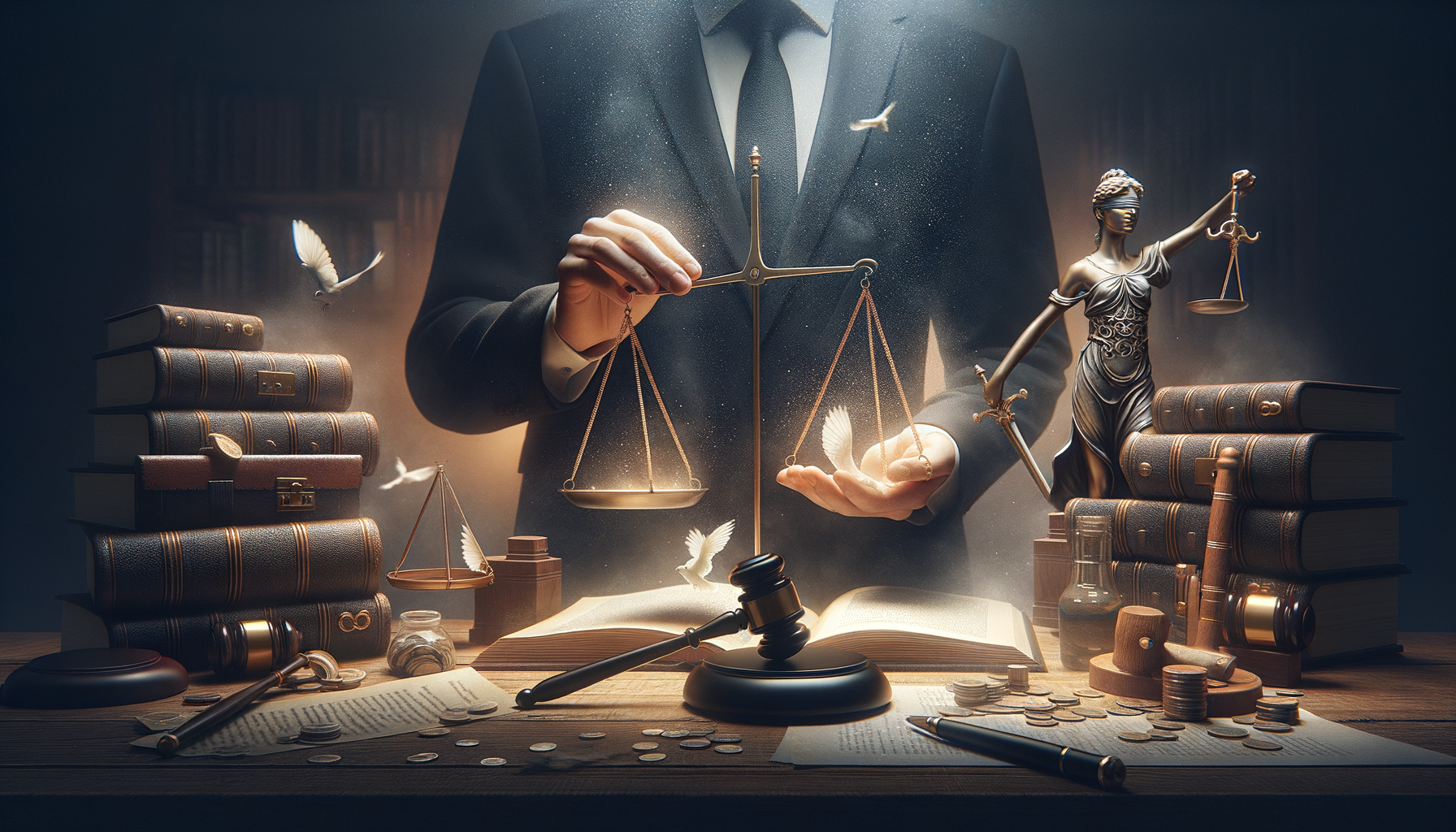Understanding the Role of a Personal Injury Lawyer
Personal injury lawyers play a crucial role in the legal system, particularly for individuals who have suffered injuries due to accidents or negligence. These legal professionals specialize in tort law, which covers civil wrongs and damages to a person’s property, reputation, or rights. Their primary responsibility is to ensure that victims receive fair compensation for their injuries, which can include medical expenses, lost wages, and emotional distress.
One of the key aspects of a personal injury lawyer’s role is to provide expert guidance through the complex legal process. They help clients understand their rights and the potential outcomes of their case. This guidance is vital, as navigating the legal system can be overwhelming for individuals who are already dealing with the physical and emotional aftermath of an injury.
Moreover, personal injury lawyers often work on a contingency fee basis, meaning they only get paid if the client wins the case. This arrangement can be beneficial for clients who may not have the financial resources to pay for legal services upfront. By taking on the financial risk, lawyers are motivated to secure the best possible outcome for their clients.
When to Contact a Personal Injury Lawyer
Deciding when to contact a personal injury lawyer can be a critical decision. Generally, it is advisable to seek legal advice as soon as possible after an injury occurs. Early consultation can help preserve evidence, gather witness statements, and ensure that the case is filed within the statute of limitations.
There are several scenarios where contacting a personal injury lawyer is particularly important:
- Severe injuries: If the injury is serious and requires extensive medical treatment or results in long-term disability, legal representation can help secure the necessary compensation to cover these costs.
- Disputed liability: When there is disagreement about who is at fault for the injury, a lawyer can help gather evidence and build a strong case to prove liability.
- Insurance company disputes: Insurance companies may attempt to minimize payouts or deny claims altogether. A personal injury lawyer can negotiate with insurers to ensure fair compensation.
In these situations, having a knowledgeable lawyer on your side can make a significant difference in the outcome of your case.
The Process of a Personal Injury Claim
The process of filing a personal injury claim involves several steps, each of which requires careful attention to detail. Initially, the injured party, or plaintiff, consults with a personal injury lawyer to discuss the specifics of the case. During this consultation, the lawyer will evaluate the merits of the case and advise on the best course of action.
Once the decision is made to proceed, the lawyer will conduct a thorough investigation. This includes gathering evidence such as medical records, police reports, and witness statements. The goal is to build a strong case that clearly demonstrates the defendant’s liability and the extent of the plaintiff’s damages.
After the investigation, the lawyer will typically attempt to negotiate a settlement with the defendant’s insurance company. Many personal injury cases are resolved through settlement, as it can be a quicker and less costly alternative to going to trial. However, if a fair settlement cannot be reached, the lawyer may file a lawsuit on behalf of the plaintiff.
Throughout this process, the personal injury lawyer provides ongoing support and representation, ensuring that the plaintiff’s rights are protected and that they receive the compensation they deserve.
Challenges in Personal Injury Cases
Personal injury cases can present various challenges that both lawyers and plaintiffs must navigate. One common challenge is proving liability, especially in cases where the defendant disputes fault or when multiple parties are involved. In such situations, the lawyer must meticulously gather and present evidence to establish the defendant’s responsibility for the injury.
Another challenge is accurately calculating damages. Personal injury claims often involve not only tangible losses such as medical bills and lost wages but also intangible damages like pain and suffering. Quantifying these non-economic damages requires a nuanced understanding of the law and the ability to effectively argue for fair compensation.
Additionally, dealing with insurance companies can be a significant hurdle. Insurers may employ various tactics to minimize payouts, such as disputing the severity of injuries or suggesting that the plaintiff was partially at fault. A skilled personal injury lawyer can counter these tactics and advocate for the client’s best interests.
Despite these challenges, with the right legal support, plaintiffs can successfully navigate the complexities of personal injury cases and secure the compensation they need to move forward with their lives.
Conclusion: The Importance of Legal Support
In conclusion, personal injury lawyers play an essential role in helping individuals navigate the aftermath of an injury. Their expertise in tort law and their ability to advocate for fair compensation can make a significant difference in the lives of those affected by accidents or negligence. By understanding when to seek legal advice, the process of filing a claim, and the challenges involved, individuals can make informed decisions and secure the support they need.
For anyone facing the daunting task of pursuing a personal injury claim, having a knowledgeable and dedicated lawyer by their side can provide both peace of mind and a better chance of achieving a favorable outcome.


Leave a Reply